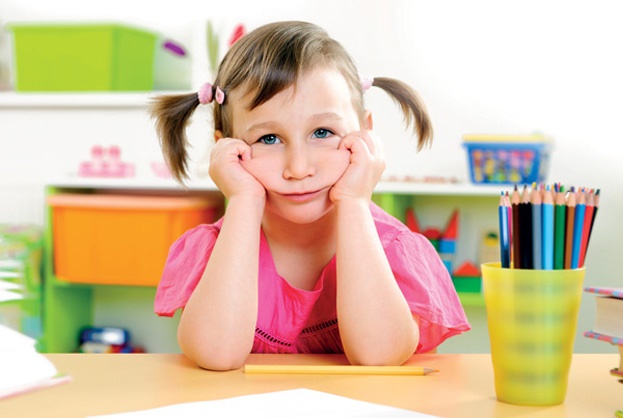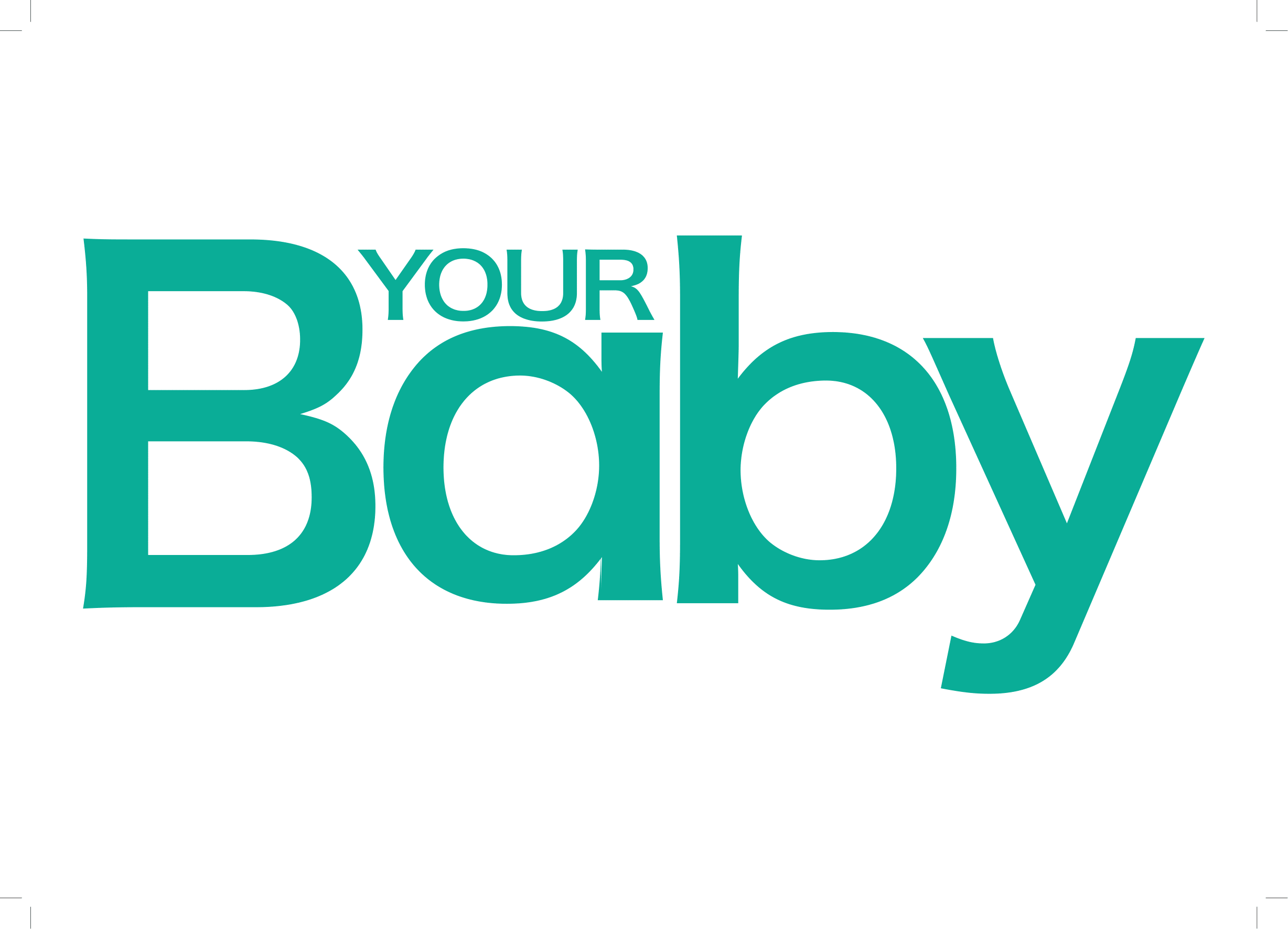
Evidence is mounting that early childhood education can have a lasting impact on your child’s long-term success at school. Recent studies show that early learning builds the foundation for later learning all the way through to the end of secondary schooling, and it’s been reported that students in tertiary education who are the most successful attended preschool.
Choosing the right preschool just got a lot more important than parents might have previously thought. Feel-good factors like proximity to home or whether your friends’ kids go always have a role to play, as do economic factors like affordability or suitable aftercare facilities, but should these be the driving influences for choosing a preschool for your child?
What's in a name?
Playgroup, playschool, preschool, nursery school – it’s all pretty much the same, isn’t it? The terms might often get used interchangeably, but the environments of a preschool or nursery school and that of a playgroup or playschool have crucial differences that are worth paying attention to.
It’s the goals of the environment that matter here. A playschool or playgroup provides childcare facilities for children from the ages of several months old up to five or six years of age and offers a chance for children to mix with children of a similar age, but learning is not the primary function of this environment.
A preschool or nursery school, in contrast, is a place where play is directed to provide learning opportunities. “There’s a developmental structure directing the play, and a curriculum that underpins it,” explains experienced preschool educator, educational author and preschool principal Denise Schimper. “The preschool environment is designed for children – it’s child-friendly with a basis of routine and structure,” explains Denise. “We follow the child’s needs. Underpinning a preschool’s curriculum has to be perceptual development, because that is the key. Perceptual development gives them everything that is necessary for reading and writing and then they learn quickly,” she says. “That’s what most of your good preschools will have, as opposed to a playschool. If it’s all free play – you can play inside, you can play outside, you can do activities or whatever – some children will still go to Grade One never having cut, because they never chose to,” comments Denise.
Starting so young?
“Stimulation is crucial, because babies are born with all the brain cells that we have, but in the early years it’s the connections between them that they lack. They need to learn new things and stimulate those connections. And once they make a new connection between two new neurons in the brain, they need to repeat it to strengthen that neuronal gap. If you don’t, you literally lose the skill and ability. You want to stimulate as much as you can to build as many of those neuronal pathways as possible,” explains educational psychologist Melanie Hargill.
“If a child hasn’t made adequate neuronal connections in the brain, they’re not going to cope in Grade 0 or Grade One regardless of their age. They’re not going to be able to keep up, because they’re going to require over learning to reach the same point that other kids are already at. They need to be exposed so that they can start making those neuronal connections; they need to be stimulated; they need to be shown what is available; and shown how they can be successful,” says Melanie.
Lauren Salmon is an educational psychologist with a practice based at a Johannesburg junior-primary private school, and she conducts school readiness testing for children entering Grade 0 and Grade One classes. “The choice of preschool is becoming more and more important. We find that with the learners wanting to come into the classroom having done Grade 0 somewhere else, or those who’ve attended a preschool that is more of a playschool, that child is having to catch up in terms of what the curriculum of that school lacked,” she says. “What we’ve found with some of the Grade One pupils now coming in is not that they have a learning difficulty, it’s that they don’t have the building blocks in place to be able to cope with the curriculum. Then the issues come with attention span within a traditional classroom environment,” says Lauren.
The challenge for her is how to support those learners with developing a home programme for those children who don’t know their letters, for instance. “Parents need to think smart in terms of where they choose and what they’re looking for. It’s lovely to go ride bikes, but unfortunately the demands of primary school, the pre-literacy requirements, mean that this decision has to be carefully made,” she comments.
“There is a lot you can do at homein terms of activities, but I still don’t think it quite replaces a preschool. Preschool is the first choice. There are far-reaching effects of preschool on children, because of the foundation that’s been given to them there,” comments Melanie.
The Organisation for Economic Development (OECD) issued a Programme for International Student Assessment (PISA) report that focussed on whether participation in pre-primary education led to better results at school. The results were fairly unambiguous – students benefit from pre-primary education. Not only did older students who’d attended pre-primary school outperform those who hadn’t, they outperformed those students in a reading assessment by score points that are equivalent to a year of formal schooling.
How do you choose?
“There are so many reasons that parents choose a preschool, from convenience to affordability,” says Melanie. She encourages parents to be active in school selection. “You want a preschool that fits with in your ethos and your moral value system from home,” she adds. Her advice is that you need to be able to walk around the school and be able to imagine your child in that environment, regardless of whether it was a recommendation from a friend whose child loved being there, whether it’s economically or geographically practical or whether you’ve heard good things about it from the media and other parents. While you’re there, “you need to be asking questions about what their staff turnover has been like, and whether they have had any difficult instances at school,” recommends Melanie. “Have a look in the classrooms while the teachers are teaching – what does that interaction look like?”
“My basis would be, what are the qualifications of the teacher? Have they got four-year diplomas from a teaching centre or have they gota B.Ed? Younger teachers should all have a B.Ed,” says Denise. Ask whether the teachers’ aides are pursuing further qualifications, or whether they just have an ECD (Early Childhood Development) certificate, Denise recommends. Denise emphasises that qualifications are extremely important. “You just need someone to speak the wrong language to a child and the damage is done – it can’t be unheard,” she cautions. There are other factors to consider too. Is there any additional assistance for children with special needs or learning disabilities? How is the school geared to accommodate these needs? What do they do in terms of reward and punishment – what kind of discipline do they use? Even at a preschool, these are important questions, advises Melanie.




 Publications
Publications
 Partners
Partners














